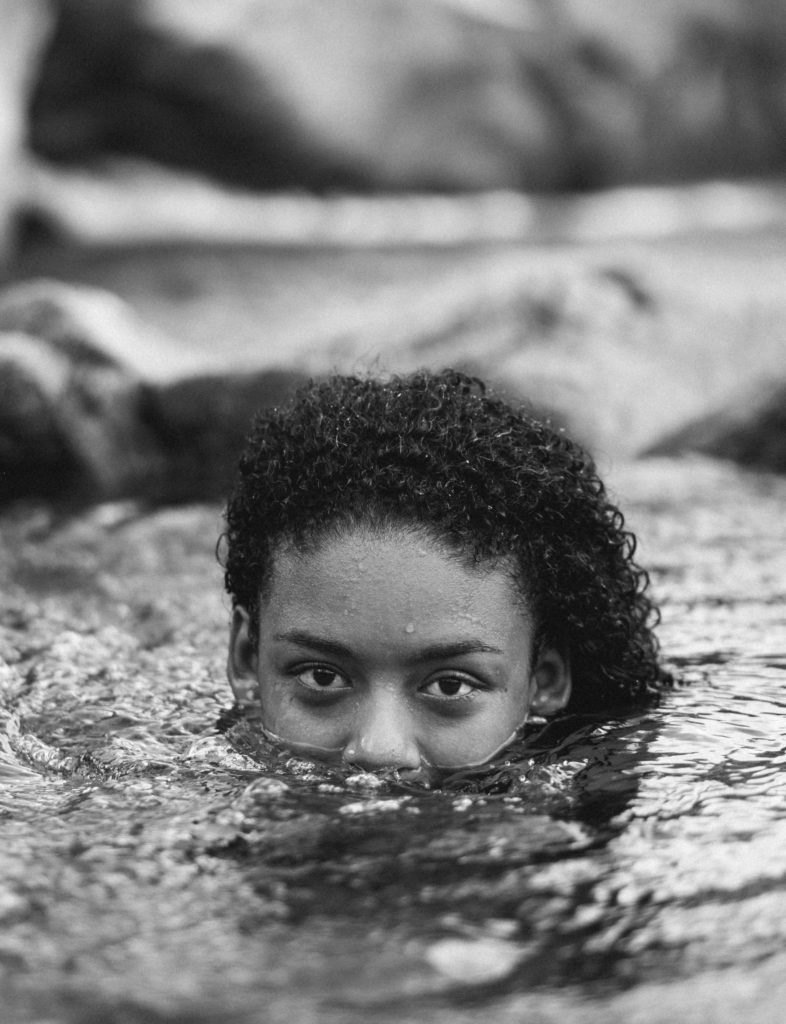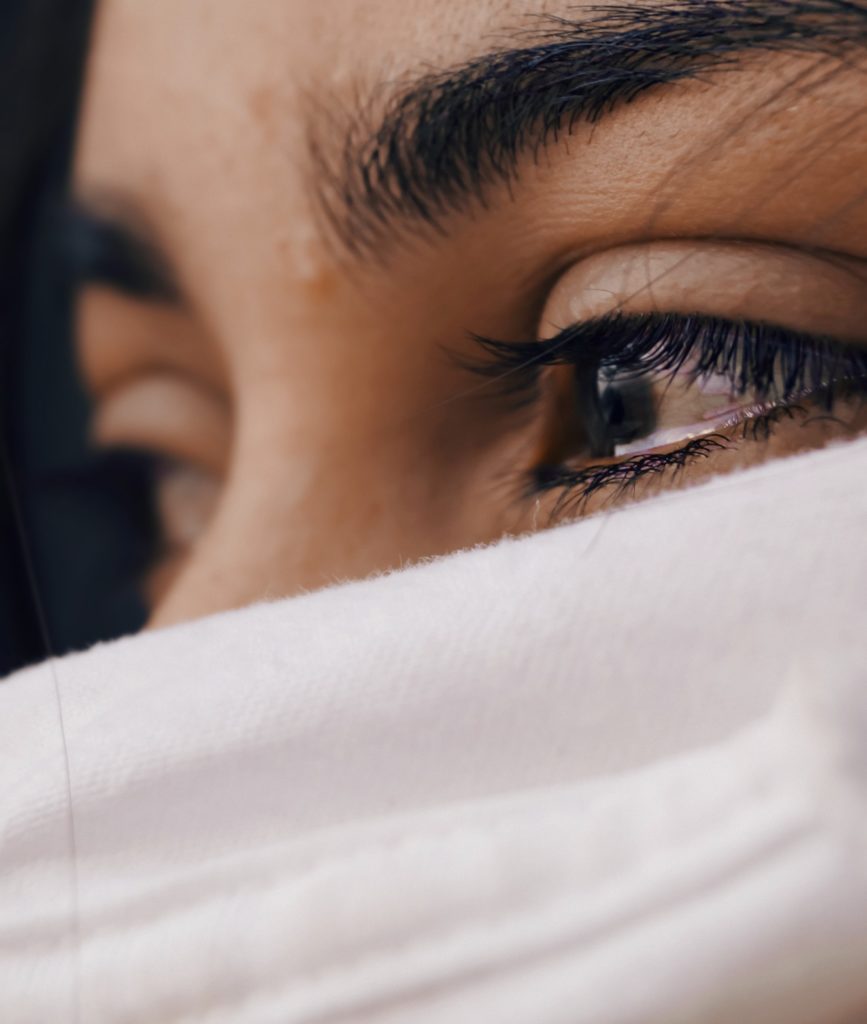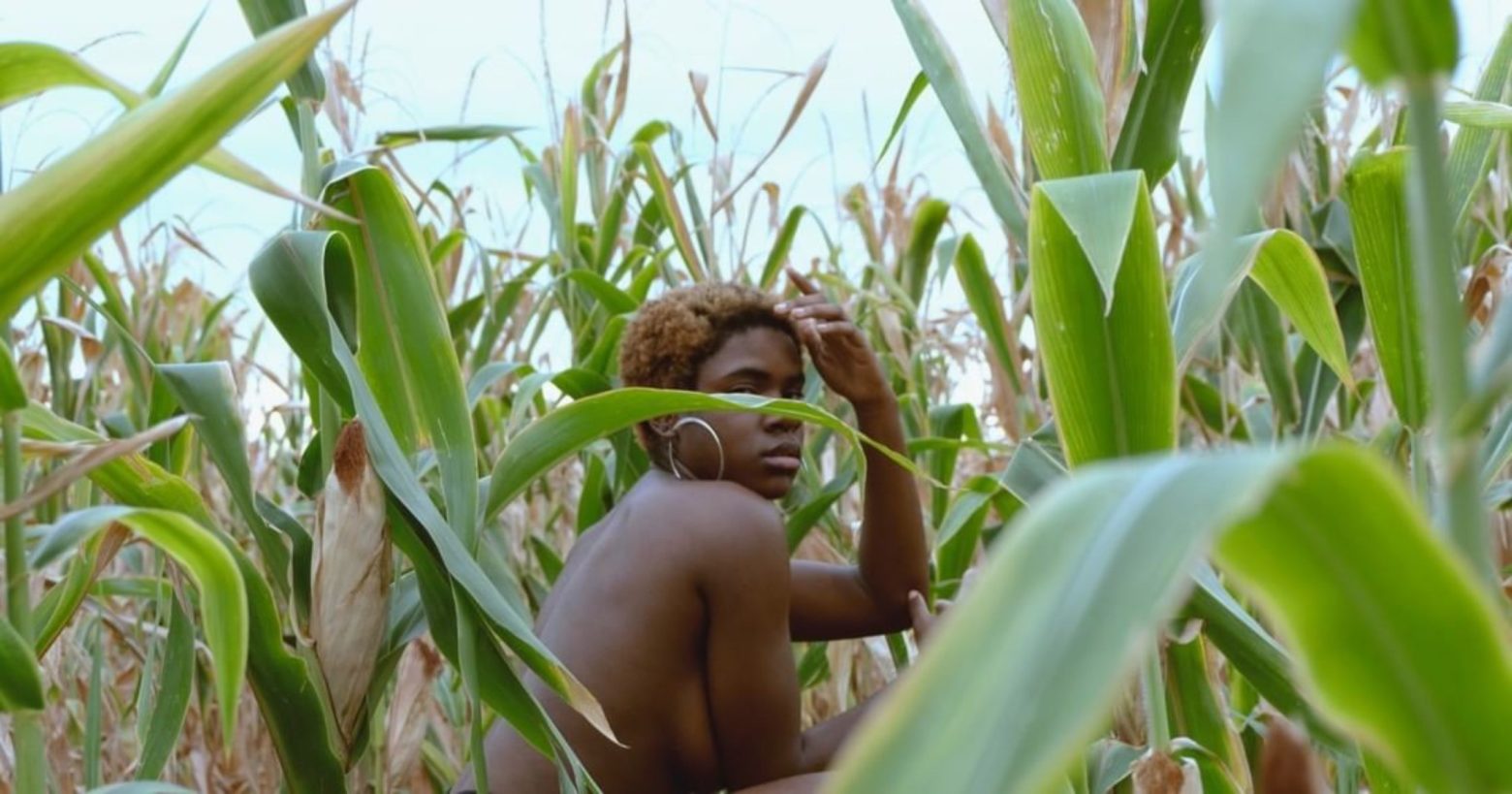Mayo Clinic describes PTSD, aka post-traumatic stress disorder, as a mental health condition triggered by a terrifying event. This can happen either by experiencing it firsthand or witnessing someone else go through it.
Although this form of PTSD is not widely discussed, people frequently experience it. Many friendships run their course and lose their luster after a major disagreement. Whatever the situation, friendship PTSD is a valid feeling; for those who have experienced it, having a smaller group of trusted people may be the antidote.
What Is Friendship PTSD?
Friendship PTSD is a condition that is set in motion after a relationship ends. People can choose to go their separate ways either because their bond naturally ends, or there was a massive falling out. The feelings that emerge after the end of a close bond can trigger strong emotions like anger, detachment and distrust in other relationships. Human connections can be complex, and the end of an alliance that once used to be vibrant can be traumatic.

The Aftermath
A friend breakup can be uncomfortable and even horrific for many, there is a mourning period that follows that process. It is important to sit with the feeling, reflect on the end of the relationship and focus on the future.
The effects of this can be loneliness, anger and a stream of other unidentifiable and confusing emotions. It is important to find a way to leverage the upset and strategically forge ahead with life. The reality of life is that not all things are meant to last forever, and human relationships are experiences that often fall short and come to an end. In spite of the way relationships end, it is possible to find joy again.

A Tighter Circle
Finding inner peace again after the end of a friendship that no longer serves you is possible. While it’s a great idea to take time out to reflect on what happened and plan toward the future, it is also worth it to determine the kind of bonds that you want to form with others moving forward. Vetting the people around you, and taking the time to maintain a great link with those who are already trusted in your inner circle is important.
This strategy is one of the most effective forms of self-healing after trauma because it gives you the opportunity to maintain a support system with familiar, friendly faces while strengthening your mind and rebuilding your self esteem. Having a tighter circle with people in your corner who understand you and will uplift you is a game changer.
